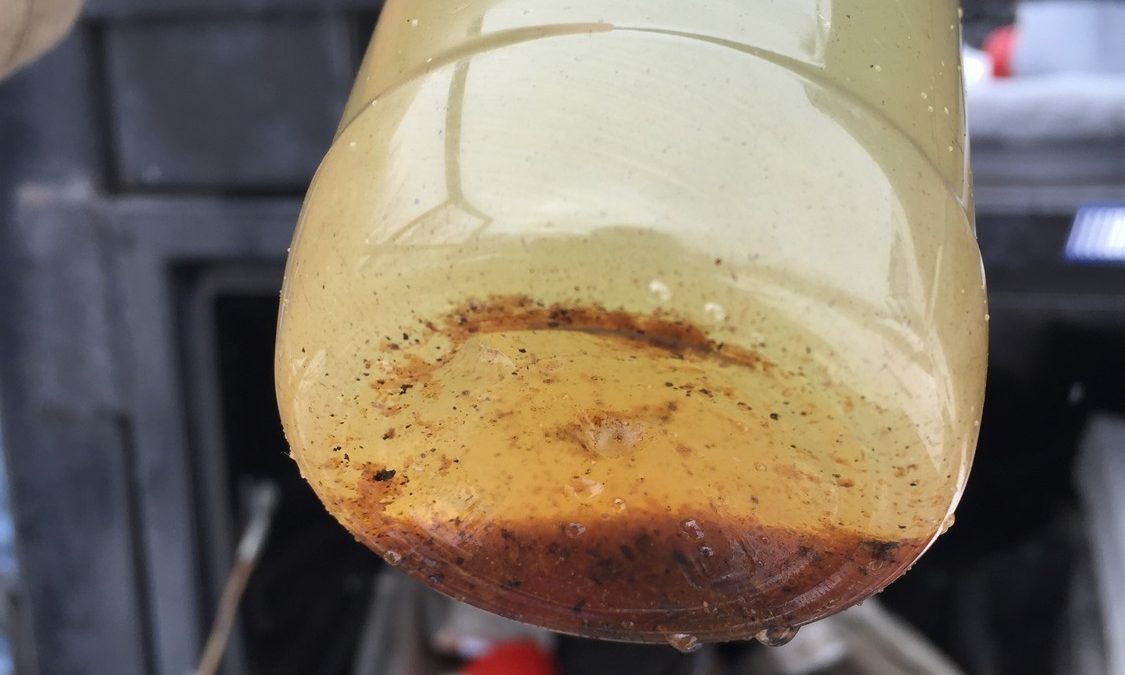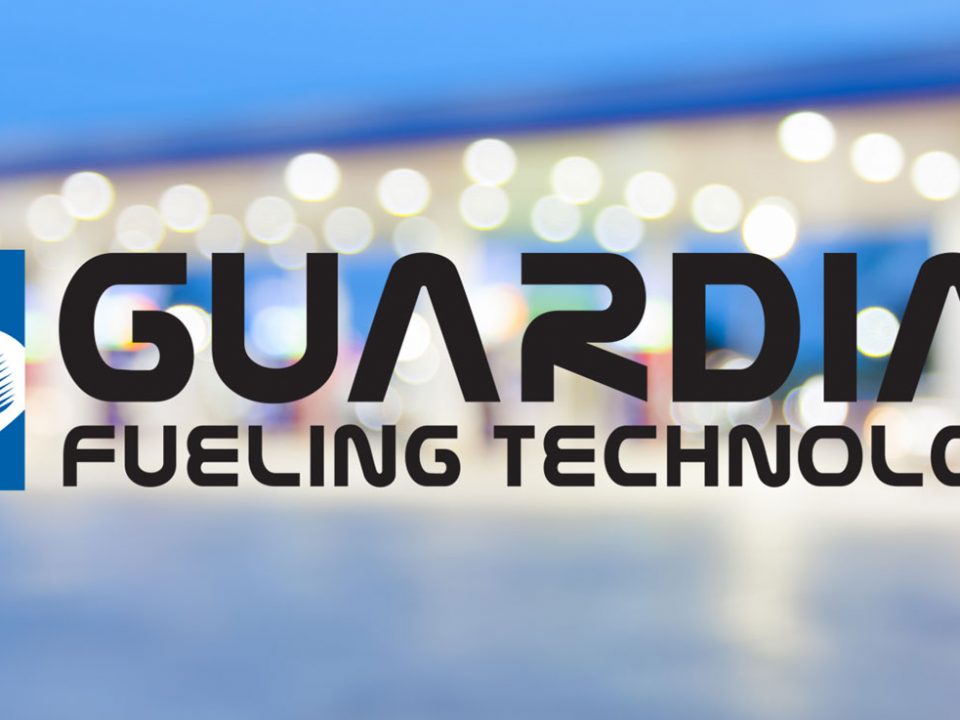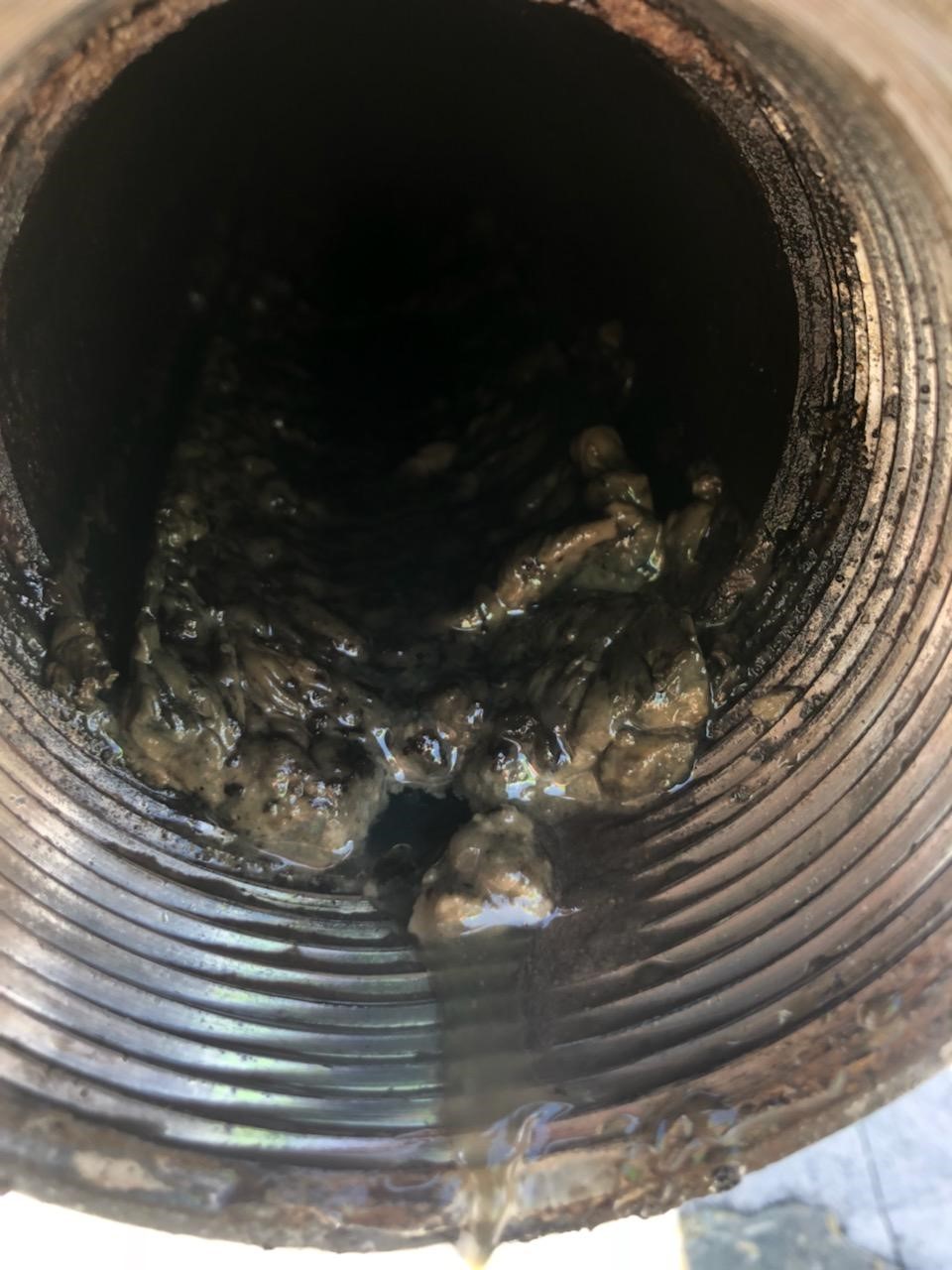
Bacteria Contamination is Impacting your Tanks
September 20, 2019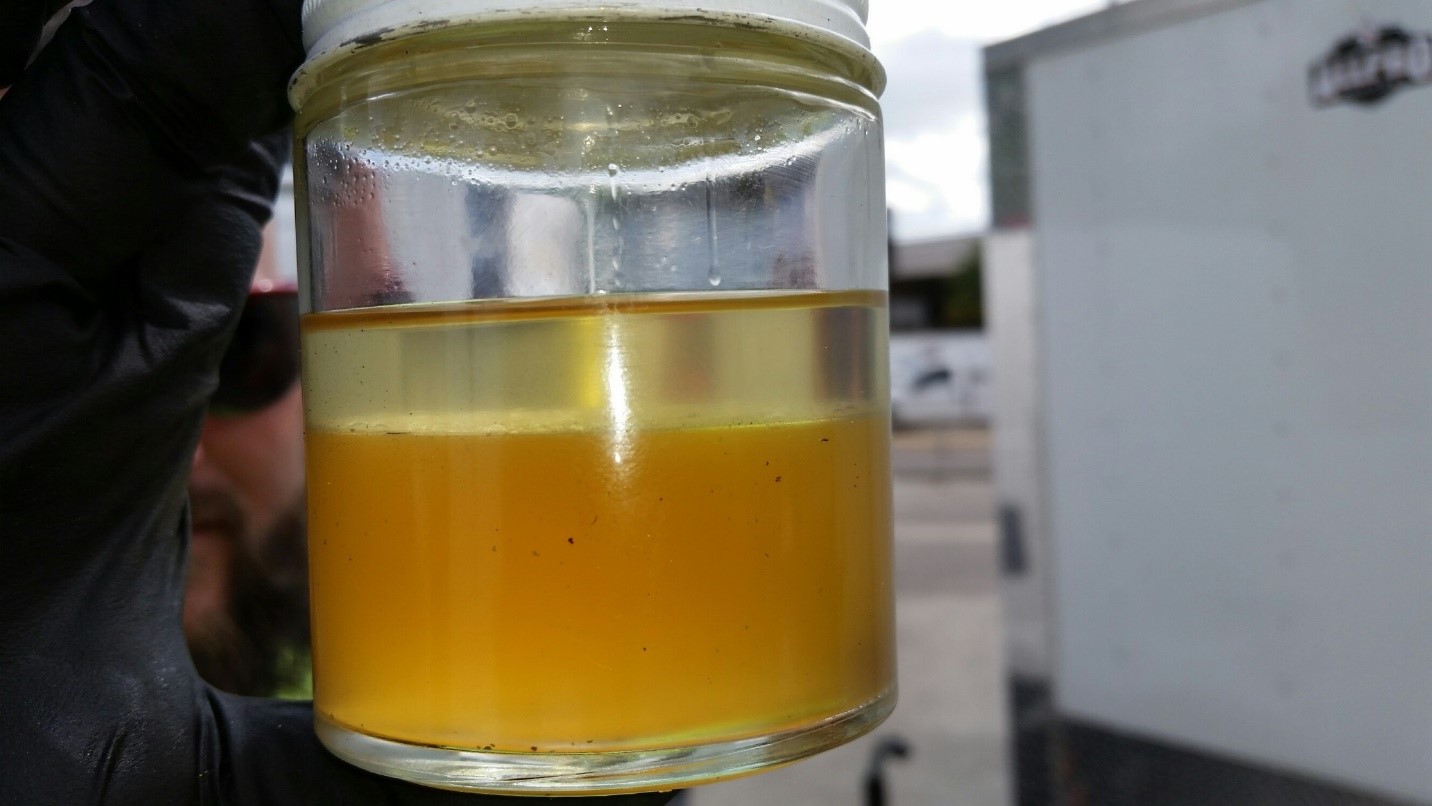
You HAVE to Manage Your Fuel Quality
September 20, 2019Diesel fuel contamination continues to be an issue for managers whose operations depend on a well-functioning petroleum system. It’s not uncommon to hear “Well, I cleaned my tank last year, why am I having issues again?”
The fact is, today’s diesel fuel tank is unstable and prone to contamination, so if you don’t have a fuel quality plan in place, you will have contaminated fuel and the whirlwind of problems that come with it.
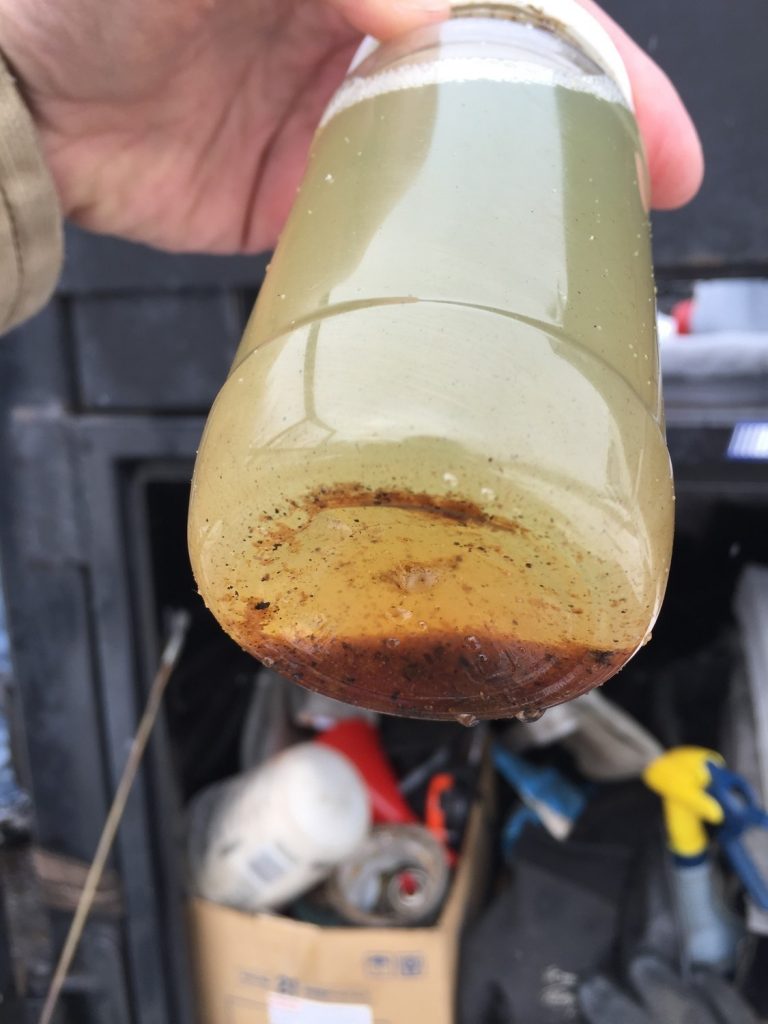
A little background: As part of an air quality initiative in 2006, the EPA required the sulfur content of diesel fuel be lowered to 15 parts per million, resulting in Ultra-Low Sulfur Diesel. Sulfur is a natural biocide and lubricating agent. Removing the sulfur allowed microorganisms to grow in the fuel, consume it, and create a contaminated environment affecting the fuel itself as well as the tank system used to hold and dispense the diesel fuel. Microorganisms in diesel fuel will also create an acidic environment, including acid vapors, which cause corrosion.
What my clients experience most often due to diesel contamination is slow flow at dispensers with clogged filters, gumming of injection systems, generators not firing, and advanced corrosion of tank components. Unless you have a high turnover of your tanks, you’ll experience this at some point if you haven’t already.

So how do you ensure fuel quality for your operation? The simple answer is to have your fuel and tanks cleaned and chemically treated, then have an expert do continuous monitoring to maintain quality. Remove water when detected and filter particulate down to 5 microns.
Once your system is clean and clear of contamination, you need to chemically treat the new fuel you drop to prevent growth and preserve the quality. There are a variety of chemicals on the market that work well depending on the purpose of your use of diesel use. Again, consult with an expert about which is best to use.
The best way to manage fuel contamination is to establish a preventative maintenance plan. Do not be reactive, anticipate contamination. You can’t always see what’s going on in your tank but do not fall into the “out of sight, out of mind” trap. Otherwise, you’ll have costly repairs and a limited lifespan of tank components.
To learn more about how FuelGuard can help you keep your operations up and running, call 904-349-2347.

